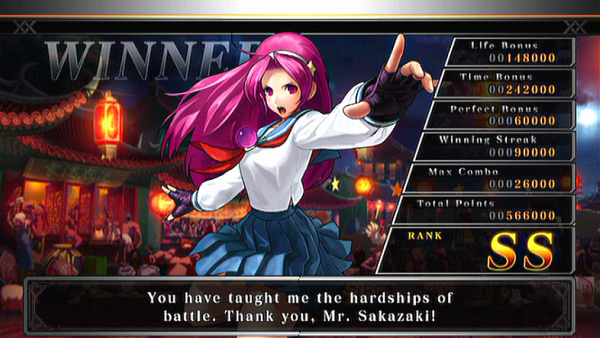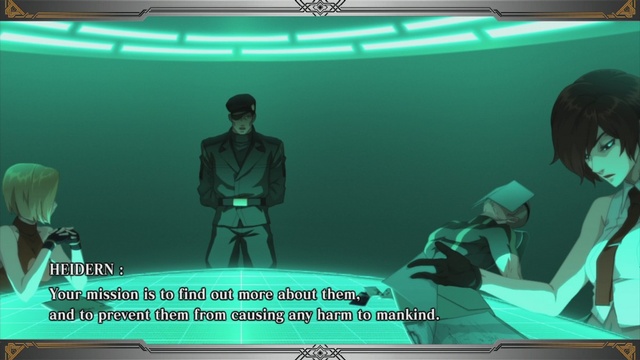PART 1 of 3
Note: You must understand Present Perfect before reading this!
Why do we use this tense?
Generally it’s used to describe a continuous action over a period of time (an activity).
I want you to imagine me doing this activity!
I’ve been playing a game.
It may continue or not. It may be finished or not. It may or may not be happening now- that’s not the focus. The focus is the activity.
I’ve been watching a TV series.
Present Perfect (PP) focuses on only the consequence of an action in the present.
The Present Perfect Continuous (PPC) focuses on an action that has a consequence on the present.
Simple explanation
PP focus = result
PPC focus = action
Both have a link from the past to the present. Both have a consequence in the present
I have worked all day! = Present Perfect
I have been working all day! = Present Perfect Continuous
Form
subject + have + been + verb(ing)
Example
It has been raining = imagine the rain (action) + the ground is wet
It has rained = because of the rain, the ground is wet (result).
With both cases, we see that the ground is wet, but only with the PPC we picture the action that caused it.
Consequence vs Action
Present Perfect is used to focus on the consequence of an action on the present. This action has ended.
“I have eaten” = I am full because I ate
Present Perfect Continuous is used to focus on the action. Note: the action has usually ended.
“I have been eating” = imagine this action, imagine me doing this
In both cases, the result is “I am full because I ate” but the PPC also presents an image of the cause.
More examples:
I have worked very hard = I am tired (etc)
I have been working very hard = in your mind, please imagine me working. Also, consider that I am tired.
Look at the image below and what is written at the bottom. What is she trying to express? The consequence or the action?
It is the consequence. She doesn’t want to talk about the fighting, but the result of the fight, so, “You have taught me”.
If she wanted to focus on the action, she would have said “you have been teaching me”.
Look at the picture below. Which sentence fits better?
- They have discussed the mission?
- or
- They have been discussing the mission?
They have discussed = focus on the consequence + action has stopped/finished.
However, looking at the picture, the action has not finished!
They have been discussing = focus on the action / the activity = imagine this action. The context explains if the action has stopped or not.
The mission has not been discussed so the second answer is better.
With present perfect continuous, we focus on the action with a result / consequence / impact on / link to the present.
Compare
They were discussing = action is finished in the past (this is the only focus) / no result
They have been discussing = action is finished / major focus is the action / minor focus is the result (we have a decision).
They have discussed = action is finished and has a consequence (we have a decision).
Imagine you meet a friend, but you are late. What would you say?
O: Have you been waiting long? (focus on action = waiting)
O: Have you waited long? (focus on result = are you angry? Happy? Ready?)
The answer to the question is the same but the focus of the question is different.
Exception verbs
The verb “to wait” is a normal verb, so we can use both forms and change the focus.
However: the following verbs are not usually used in the continuous:
be, like, want, need, prefer, believe, consist, understand, know, see, hear, taste, smell, have…
So there is no choice, we can only use one form, and listeners have to guess which focus is being expressed.
X: How long have you been knowing your teammates?
O: How long have you known your teammates?
O: I have known them for 10 years.
X: I have been knowing them for 10 years
O: That’s a nice stick. How long have you had it?
X: How long have you been having it?
O: I’ve had it for six months. It’s got Hayabusa buttons.
Summary
I have + [past participle] = a completed action has a consequence on the present
I have worked on this grammar = Look at the consequence (I am tired etc.)
I have been + [continuous] = picture the action + has a consequence on the present
I have been working on this grammar = Look at the action (I was working) + consequence (I am tired etc.)
Now go to part 2!
Part 2
The King of Fighters is copyright SNK



